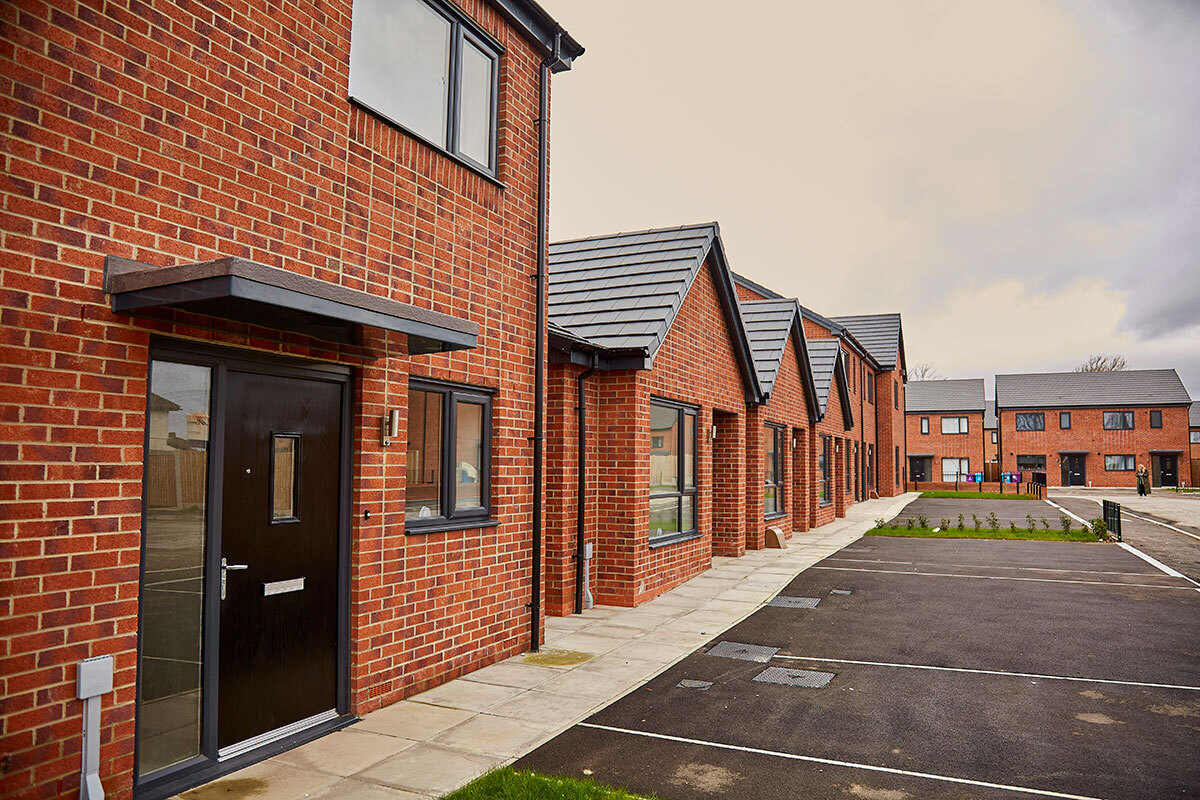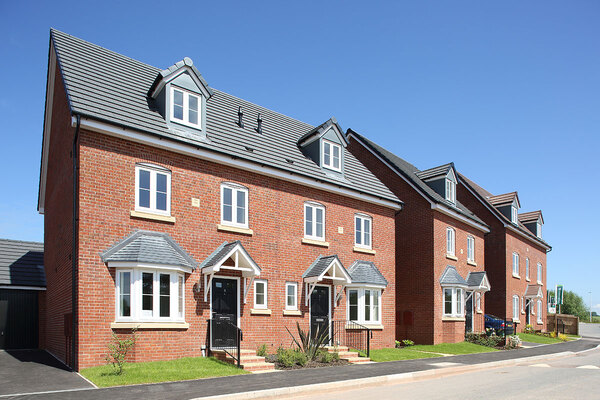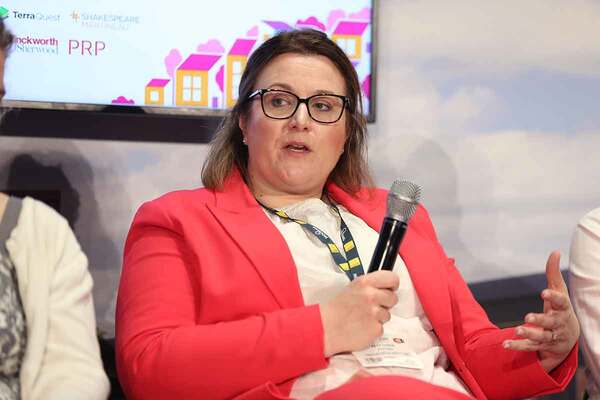Riverside to avoid bidding for Section 106 homes ‘for the foreseeable future’
Riverside is not bidding on new Section 106 properties “for the foreseeable future”, the large landlord told Inside Housing, as it focuses on existing properties and build contracts.
While the landlord is continuing to build, Riverside said it was concentrating on schemes it was already in contract for, or regeneration projects where it had a commitment to current residents following a ballot.
The G15 landlord said its other priority was investment in existing properties.
“We therefore anticipate there will be no significant increase in our proportion of Section 106 properties over the coming year,” a spokesperson said.
House builders have expressed concern in recent months about a lack of housing association buyers for Section 106 homes.
Earlier this month, BusinessLDN, which represents around 160 organisations in the capital, wrote to the city’s MPs, council leaders and assembly members to warn of a Section 106 “logjam” as traditional housing associations’ appetite for new homes wanes.
It urged the Greater London Authority to consider launching an institutional investor-backed fund to acquire “stranded” Section 106 homes to prevent major developments stalling.
In a response to Labour’s announcement of planning reforms at the end of last month, the Home Builders Federation (HBF) said it would “work with all partners, including government, to find solutions to the current challenges in the Section 106 affordable housing market”.
These issues “are slowing down delivery of larger sites and preventing commencement of building for many [small and medium-sized enterprises]”, the HBF said.
Nick Atkin, chief executive of Yorkshire Housing, recently told Inside Housing the quality of some Section 106 homes was not good enough when it came to space and energy-efficiency standards.
Fiona Fletcher-Smith, chief executive of L&Q, warned in March that a development “cliff edge” was on the way.
She said this would also hit volume house builders, which rely on affordable housing to secure planning permission via the Section 106 element of housing projects.
Several housing associations have recently referred to moving away from Section 106 homes in their annual results.
South West England landlord LiveWest said it was reducing its “reliance on Section 106 development opportunities” by engaging with Homes England grant opportunities instead.
Accent Group said it had moved from “buying almost all properties through Section 106 or ‘off the shelf’, to a predominantly land-led programme”, as did large South of England landlord Vivid.
Sign up for our development and finance newsletter
Already have an account? Click here to manage your newsletters












